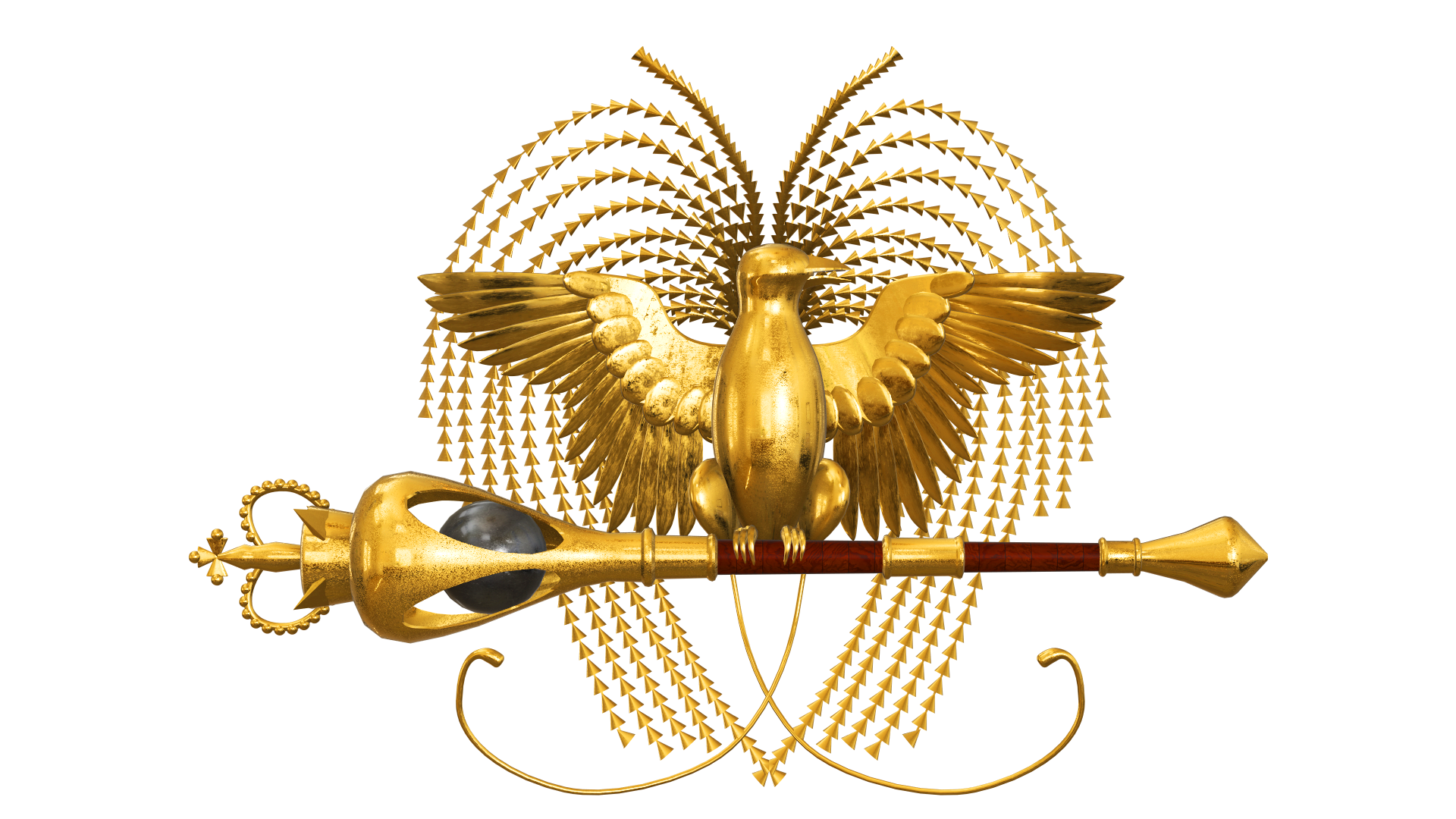The functions of the Committee are to inquire into and report on complaints of breach of privilege referred to it by the Speaker or by the Parliament.
The functions of the Committee are to meet on each Wednesday during meetings of the Parliament to examine all notices of motion submitted to the Committee under SO 130.
a. To determine whether the term of the motion is of a parochial nature or of a matter of national importance and,
b. On determining that a notice of national importance to deliver a copy of the notice to the Clerk for reporting to the Parliament, and
c. On determining that a notice is of a parochial nature, to return the notice to the Member proposing the motion with recommendations:
- That the Member consult with the Minister or authority concerned, or
- That the Member places a question relation to the subject matter on the Question Paper, or
- That the Member may otherwise achieve more quickly and effectively the action sought, and
d. To determine the order in which notices and orders of the day on the Notice Paper shall be considered on sitting days when private business has precedence.
The functions of the committee are to: consider whether the rules of procedures set out in the Standing Orders serve the best interests of the Parliament and its Members, and what amendments (if any) are desirable, and to make reports and recommendations to the Parliament.
The Committee;
(a) Shall have responsibility for matters relating to the Public Service Reform generally; and
(b) Such matters as may be referred to the Committee;
I. By the Minister for Treasury
II. By the Minister for Public Service
III. By the Resolution of the Parliament; and
To investigate and report to the Parliament on such matters as the Committee considers appropriate.
The Committee has power to appoint sub-committees consisting of two or more of its members and refer to such sub-committees any of the matters which the committee is empowered to consider.
The Committee has power to send for and examine persons, papers and records, to move from place to place and to transact business in public or private sessions and to act during recess.
The Committee Chairman, or, in his absence, a Member of the Committee, may represent the Committee on appropriate National Executive Council Ministerial Committee providing liaison between the Parliament and the Executive in matters relating to Public Service and Public Sector Reform generally.
A Member of the Committee may, with approval of the Speaker, represent Papua New Guinea at International or Regional forums.
Research and Survey and engage Public Service for enhancement, review performance of Public Service and make findings for recommendation to the Public Service Minister, the Cabinet and the National Parliament.
Any other findings that will contribute towards improvement of Public Services performances and productivity.
The functions of the committee are to advise the Speaker on the administration of the National Parliament buildings and precincts, and its services and facilities (including the library provided for Members and strangers). The committee operates in accordance with the Constitution (Part VI, Division 2) the Standing Orders of the National Parliament, in particular SO21.
The functions of the committee are to advise the Speaker on the administration of the National Parliament buildings and precincts, and its services and facilities (including the library provided for Members and strangers). The committee operates in accordance with the Constitution (Part VI, Division 2) the Standing Orders of the National Parliament, in particular SO21.
The committee examines law and order matters referred to it by the Parliament. The committee may also investigate and report on such other related matters as the committee considers appropriate
Standing Order 24D states that the functions of the Economic Affairs Committee are: to consider matters concerning economic affairs and development referred to it by Parliament, and to assess and review the administration of the economy with regard to the implementation of particular government policy, and to investigate and report on such other matters as the committee considers appropriate.
The Culture and Tourism committee’s functions are to: monitor and ensure that the tourism and cultural industry is developed in accordance with the guidelines and objectives established under the relevant legislation, and monitor and promote the industry in consultation with other departments, provincial governments, local-level government bodies, and other government and private organizations for the purposes of encouraging the development of the industry in line with the Government’s overall policy on tourism and culture.
The Standing Orders of the Parliament provide that the functions of the committee are to have general responsibility concerning the Constitution, matters not specifically within the functions of other committees, and in particular responsibility concerning proposed laws to alter the Constitution or Organic Laws, and Acts required to be made, or required to be made in a prescribed manner, by the Constitution (SO 24C(3)). The resolution that established the committee states that the committee ..shall consider and report to the Parliament on any proposed constitutional law, and any constitutional matter referred to it by Parliament, before there is any opportunity for debate on the proposed law or matter or as directed by Parliament, and the committee may consider and report to the Parliament on any constitutional matter or question as it thinks fit.
